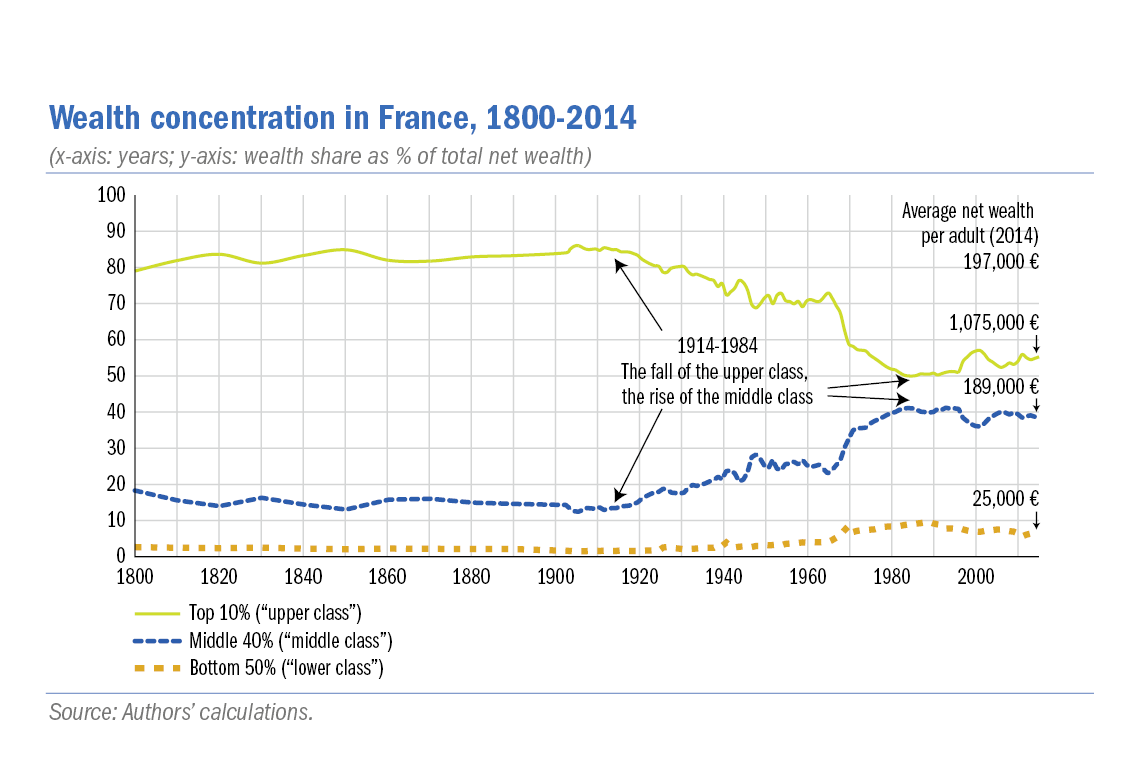On the one hand, yes, and Fandom is a blight on the internet.
On the other hand, AI like ChatGPT are wrong some 53% of the time. The fact that this is another “use nontoxic glue to keep your cheese from falling off of pizza” situation doesn’t mean that Google isn’t equally culpable for doing nothing to prevent these sorts of occurrences even when the sources are right (AI is as likely to make things up that aren’t even in its cited sources as it is to actually give you info from them).


Also, there’s the cost and community aspect of games. For the price of a movie ticket and popcorn, I can buy a game that I can play with friends for easily dozens of hours instead of us silently sitting next to each other for an hour or two.
With the increasing death of third places and the increasing cost of existing outside, video games have become their own sort of third place for people to get together and just hang out.